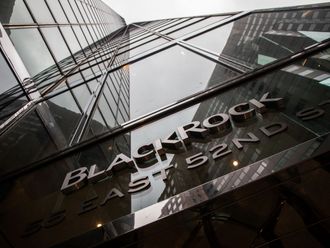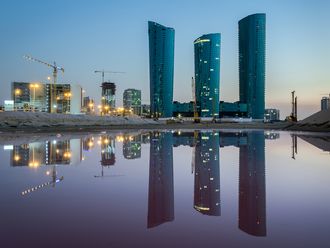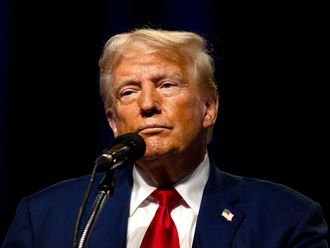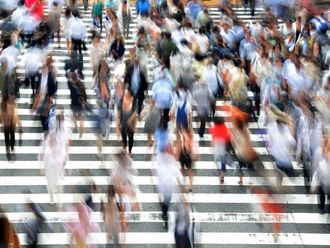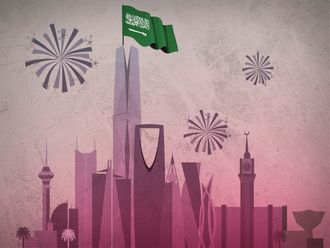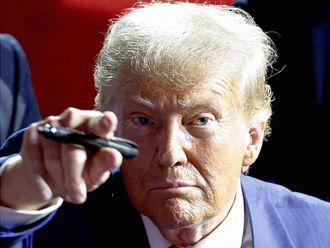
Manama: Two watchdog groups said that they were forming a joint committee to monitor the parliamentary and municipal elections to be held this autumn.
The six-member committee will mark the third time Bahrain Human Rights Society (BHRS) and Bahrain Transparency Society (BTS) team up to observe the elections and draft reports distributed nationwide.
Legislative elections were held in 2002, following a three decade parliamentary hiatus, and in 2006 as part of the reforms launched when King Hamad became the ruler of the country in March 1999.
"We are looking forward to working closely with all parties involved in the electoral process, and we hope that the state, civil society and the media are fully aware that the independent monitoring of elections is an integral part of democracy and transparency," Abdullah Al Durazi, the head of the Bahrain Human Rights Society, said at a press conference, announcing the formation of the coordination committee. "We also look forward to the enactment of a law for the monitoring of elections so that the process is institutionalized," he said.
The two societies were asked by King Hamad to monitor the 2002 and 2006 elections. They now hope that they will also monitor the elections slated for the fourth quarter of the year.
"We are working on training 200 people from both sexes who will be present in the 40 polling stations. In 2002 and 2006, we used the remarks we received from the observers to draft our reports and help with enhancing the electoral process," he told the media. In the 2006, 176 observers monitored the elections.
Among the issues that needed special attention to improve elections standards is the existence of public voting stations, Al Durazi said.
The general polling stations were set up both in 2002 and 2006 across Bahrain to allow voters to cast ballots for their own constituencies. The authorities said that they were meant to help people in crowded areas and those who wanted to vote away from their constituencies, but opposition figures who lost in the elections claimed that they were misused to alter votes.
According to Al Durazi, 142 people have announced that they would be running in the elections for the 40 seats in the lower chamber of the bicameral parliament. The figure is set to reach more than 200 in the coming weeks as interest in the elections gains momentum.


